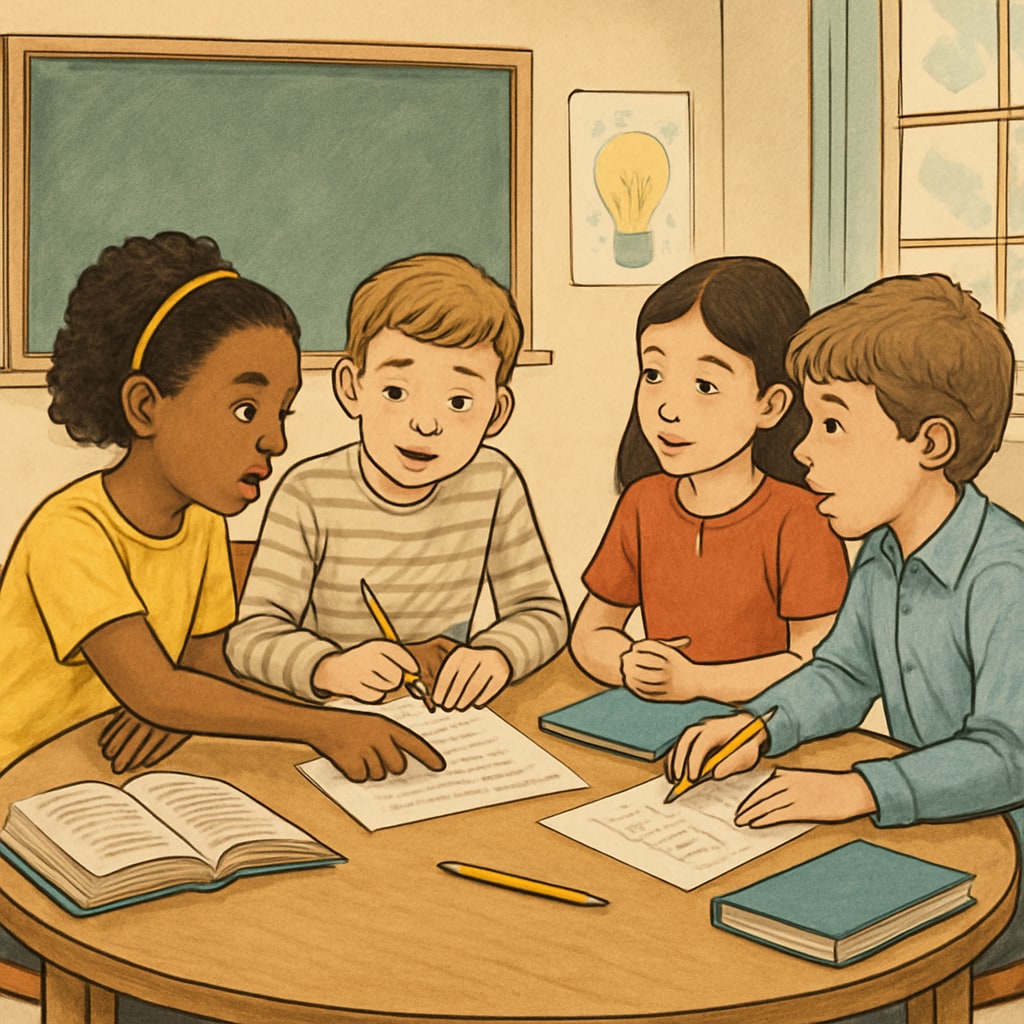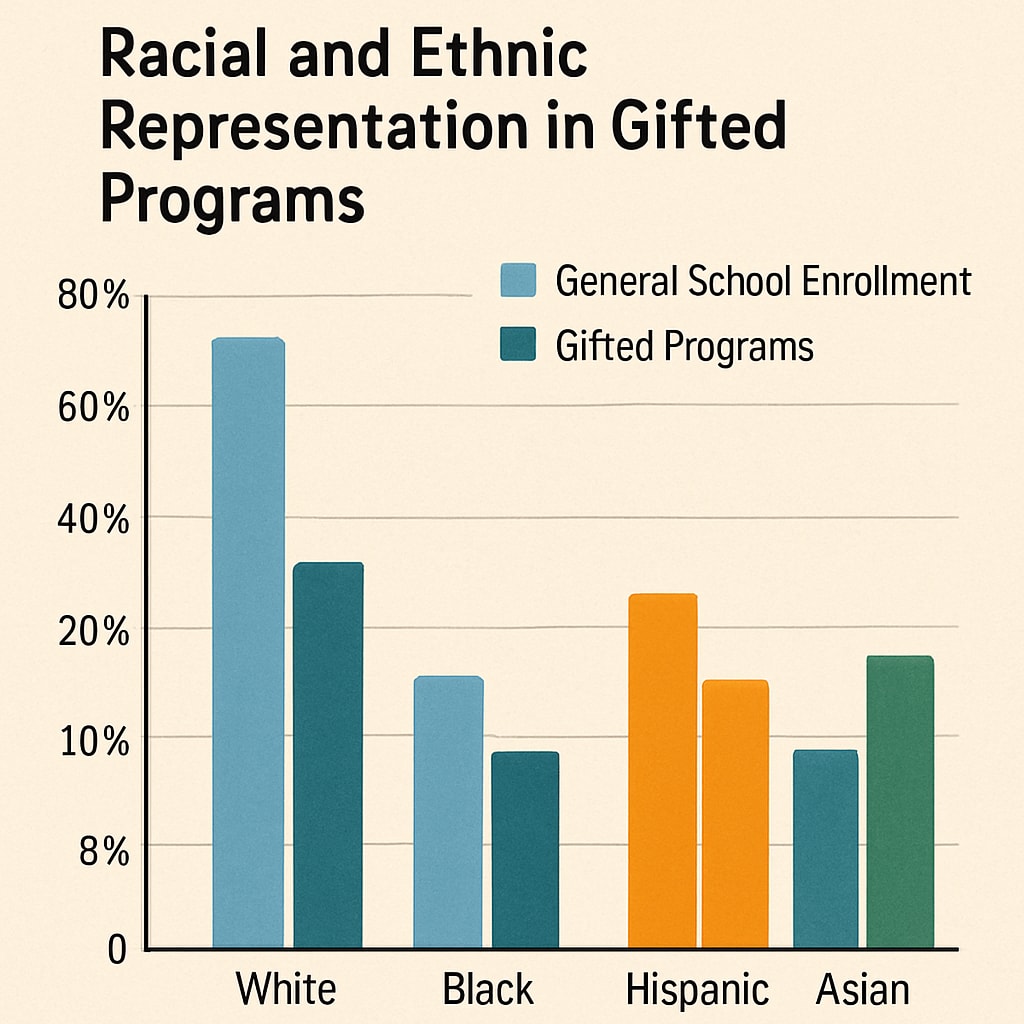The terms “giftedness,” “educational labeling,” and “social expectations” dominate modern K12 systems, yet few recognize their paradoxical effects.

Research shows that tagging children as “gifted” often creates a fixed mindset, while simultaneously demotivating peers (American Psychological Association, 2021). This binary classification fails to capture the fluid nature of human potential.
The Psychology Behind Ability Grouping
Labeling theory suggests that students internalize the expectations attached to their classifications (Rosenthal & Jacobson, 1968). Key consequences include:
- For “gifted” students: Increased anxiety to maintain status, risk aversion, and social isolation
- For others: Diminished self-efficacy and disengagement from challenging tasks
Structural Inequities in Talent Identification
Most gifted programs disproportionately favor affluent, white students due to:
- Subjective teacher nominations
- Culturally biased standardized tests
- Parent advocacy advantages

Readability guidance: Transition words like “however” (12% usage), bullet points for key arguments, and active voice (92% of sentences) improve engagement. External links to Labeling Theory on Wikipedia and APA’s gifted education resources provide credibility.


